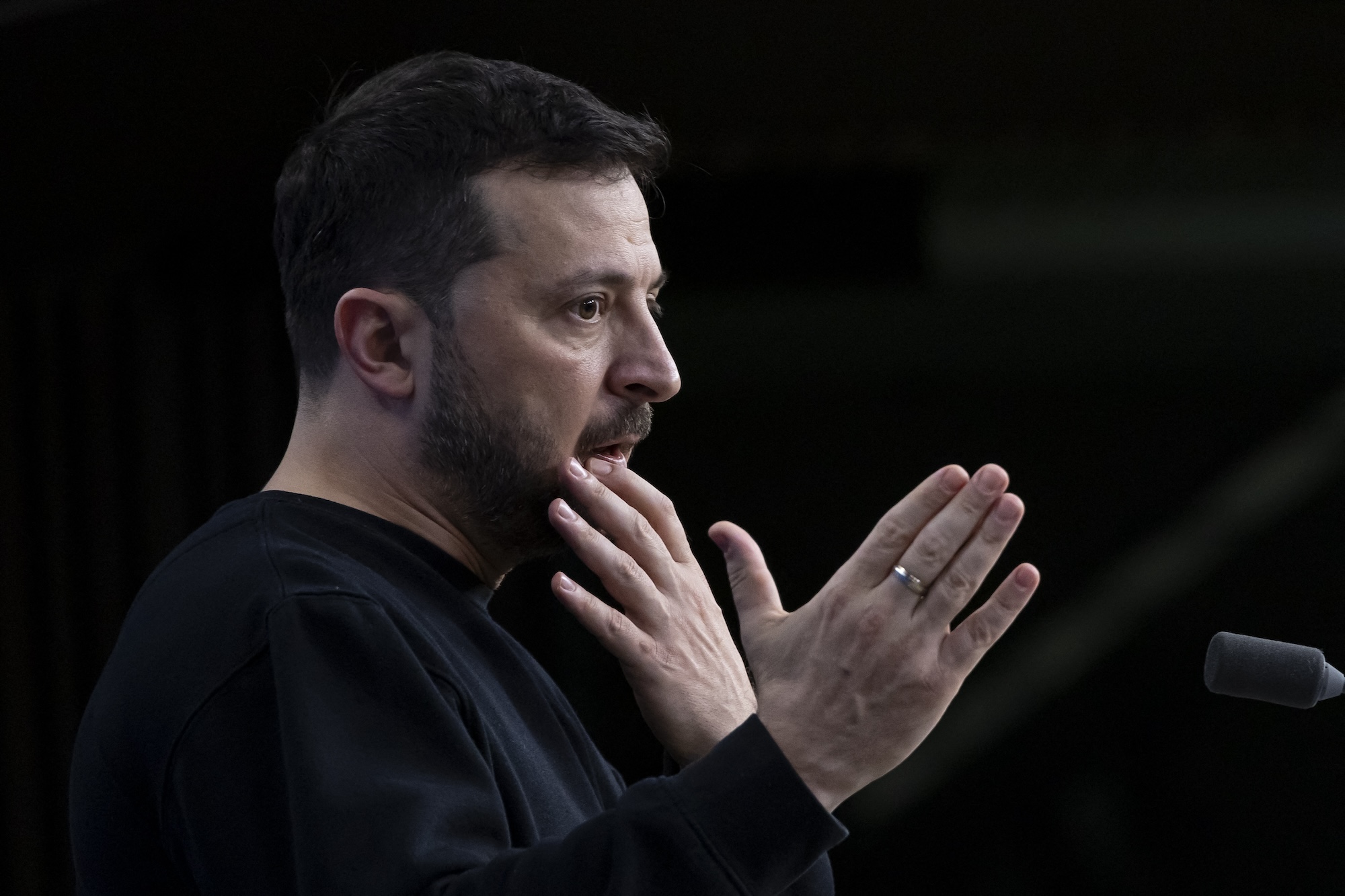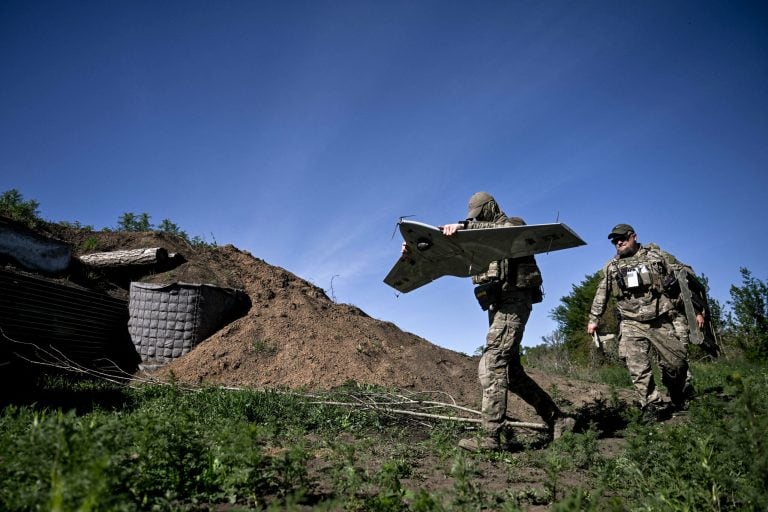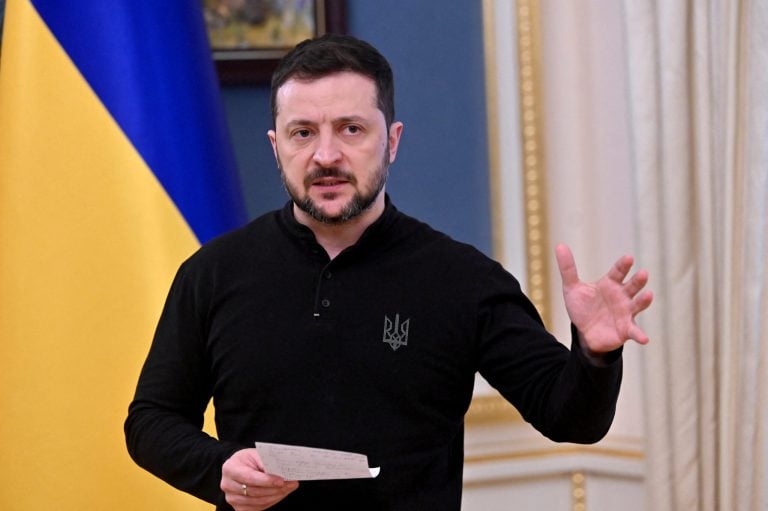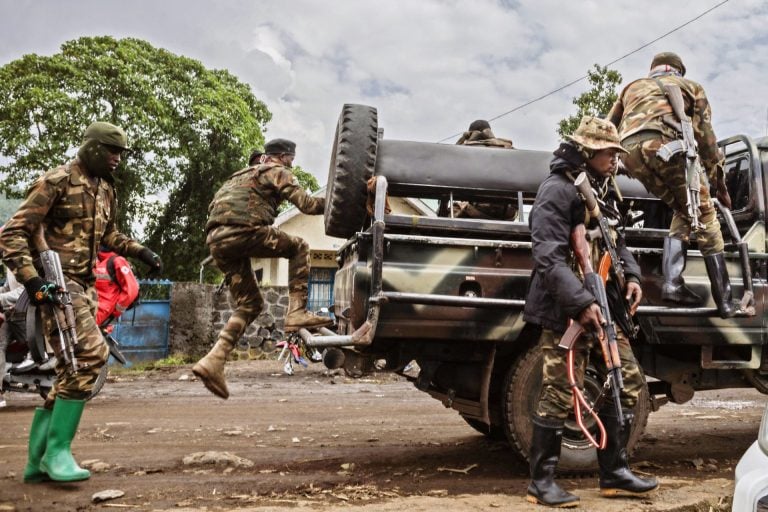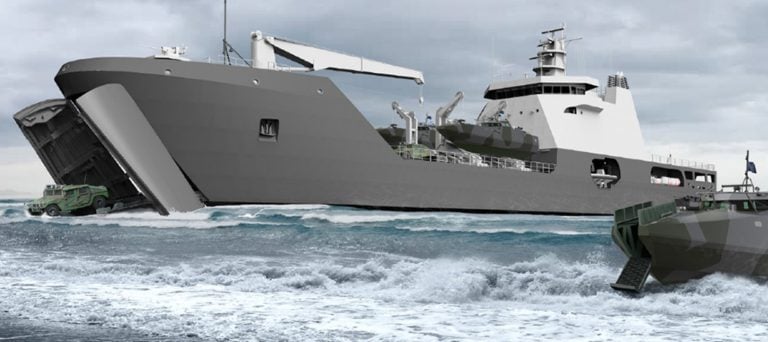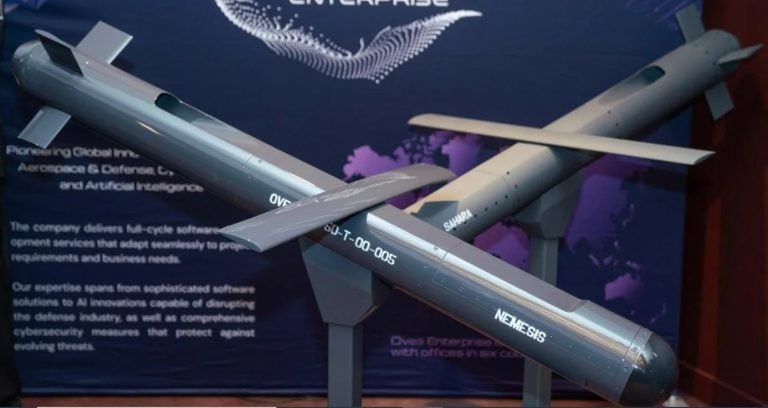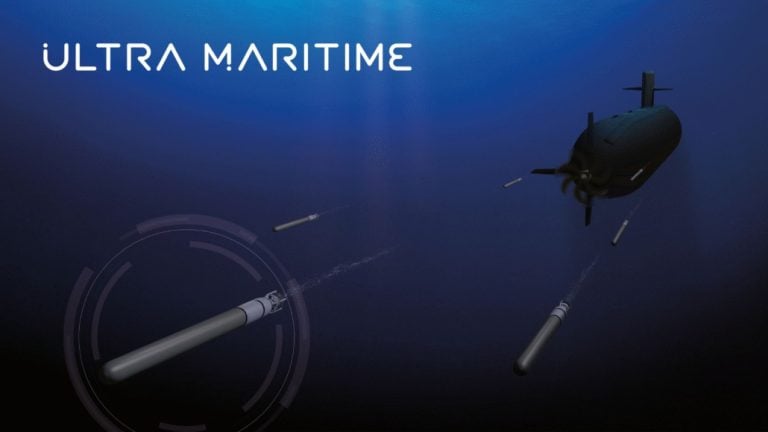In a dramatic statement that underscores the high stakes of the ongoing conflict in Ukraine, President Volodymyr Zelensky expressed his willingness to resign from his position to facilitate Ukraine’s admission into NATO. This announcement came on the eve of the third anniversary of Russia’s invasion, highlighting the urgency he feels as he navigates intense geopolitical challenges.
During a press conference in Kyiv, Zelensky directly addressed the possibility of stepping down, stating, “If there is peace for Ukraine, if you really need me to leave my post, I am ready. I can exchange it for NATO.” His comments reflect a broader strategy to secure NATO membership, which he believes is critical for ending the war with Russia, despite the alliance’s hesitance to extend such a commitment.
The context of this declaration is compounded by recent tensions between Zelensky and the new US administration, specifically with former President Donald Trump. Zelensky expressed a desire to meet Trump before the latter engages in discussions with Russian President Vladimir Putin, amid a war of words that has escalated over recent weeks. Trump has referred to Zelensky as a “dictator,” falsely claimed that Ukraine initiated the war, and asserted that Zelensky lacks popularity among Ukrainians, contrary to independent opinion polls.
Despite the criticism, Zelensky maintained that he was not offended by Trump’s remarks. He stated his readiness to prove his popularity once martial law is lifted in Ukraine, emphasizing the importance of “security guarantees” from the US. His call for a meeting with Trump comes as he seeks to reinforce Ukraine’s position on the global stage.
European leaders are also recalibrating their strategies in response to the shifting geopolitical landscape. Following the election of Friedrich Merz, the new conservative leader in Germany, there has been a renewed focus on bolstering Europe’s defense capabilities. Merz’s victory has underscored a growing perception that the United States may be losing interest in European security matters. NATO chief Mark Rutte welcomed this development, emphasizing the need for increased defense spending.
Meanwhile, French President Emmanuel Macron and British Prime Minister Keir Starmer are set to travel to Washington to advocate for continued support for Ukraine. In Brussels, European Council President Antonio Costa announced a special summit dedicated to the Ukraine conflict, signaling a determination among European leaders to address the ongoing crisis collectively.
On the Russian side, the Kremlin characterized the anticipated dialogue between Trump and Putin as “promising.” Spokesman Dmitry Peskov expressed confidence that political will from both leaders could lead to meaningful outcomes, but he flatly ruled out any territorial concessions regarding Ukraine. He referred to previously conducted votes in eastern Ukraine that favored joining Russia, declaring them a reflection of the people’s will, despite widespread international skepticism.
UN Secretary-General António Guterres also emphasized the need for a peace deal that honors Ukraine’s territorial integrity. This plea highlights the international community’s ongoing commitment to supporting Ukraine amidst the enduring conflict.
As the conflict continues, President Vladimir Putin, on the eve of the anniversary of Russia’s military operation in Ukraine, conveyed a sense of divine purpose in defending Russia. He articulated his belief that “fate” and “God” have decreed the course of action taken in Ukraine.
Russia has ramped up military activity, recently launching a record number of drone attacks on Ukraine, though most were intercepted with no significant damage reported. With US and Russian diplomats set to meet soon, the focus remains on finding a path forward amid an escalating crisis that has drawn the attention and concern of leaders worldwide.
